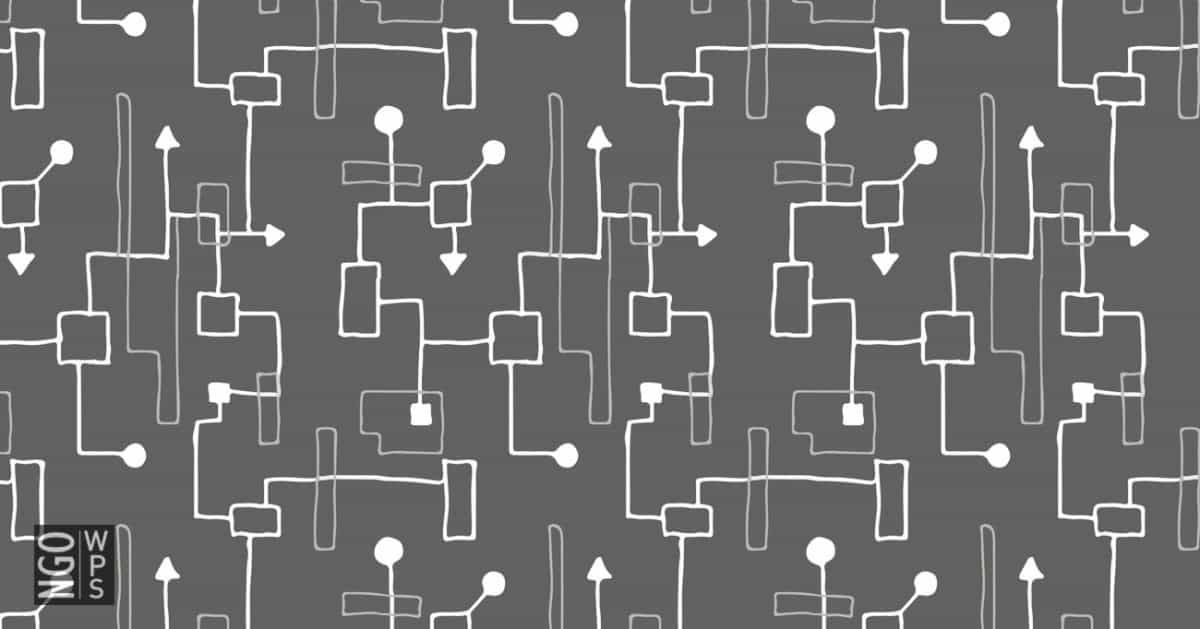Guinea
Women in Guinea, in addition to being disproportionately affected by the Ebola health crisis, continue to face constant threats of sexual and gender-based violence, including early and forced marriages, rape, human trafficking, and some of the highest rates of female genital mutilation/cutting (FGM/C) in the world; approximately 97% of women and girls in Guinea have been subjected to the process (International Federation of Gynecology and Obstetrics). Although Guinea has ratified the Convention on the Elimination of All Forms of Discrimination Against Women (CEDAW) and launched a National Action Plan pursuant to Resolution 1325 in 2009, civil codes in Guinea continue to subjugate and discriminate against women, including through provisions that require spousal approval for professional occupations for women. Recognizing that women’s inclusion in the political process is one of the most effective ways to counter violence and discrimination against women, the NGOWG advocates for the full and effective inclusion of women in all elections and at all levels of peaceful and democratic political transition. In addition, based on the work of NGOWG members, the NGOWG recognizes that impunity for sexual violence remains a looming threat to justice and must be eliminated.
Guinea
Women in Guinea, in addition to being disproportionately affected by the Ebola health crisis, continue to face constant threats of sexual and gender-based violence, including early and forced marriages, rape, human trafficking, and some of the highest rates of female genital mutilation/cutting (FGM/C) in the world; approximately 97% of women and girls in Guinea have been subjected to the process (International Federation of Gynecology and Obstetrics).
Guinea has ratified the Convention on the Elimination of All Forms of Discrimination Against Women (CEDAW), and launched a National Action Plan pursuant to Resolution 1325 in 2009. However, civil codes in Guinea continue to subjugate and discriminate against women, including through provisions that require spousal approval for professional occupations for women. Recognizing that women’s inclusion in the political process is one of the most effective ways to counter violence and discrimination against women, the NGOWG advocates for the full and effective inclusion of women in all elections and at all levels of peaceful and democratic political transition. In addition, based on the work of NGOWG members, the NGOWG recognizes that impunity for sexual violence remains a looming threat to justice and must be eliminated.
Current and Past Recommendations to the UN Security Council (Monthly Action Points)
The Security Council is expected to consider a report on the implementation of resolution 2404 (2018) and the political and security situation in Guinea-Bissau. The Council should urge the mission to increase consultations with women leaders, women-led civil society groups, women’s rights organizations, and women human rights defenders, as well as mainstream gender-perspectives in its support for the establishment of national reconciliation processes, and efforts to address the root causes of political, economic, and social instability (S/RES/2122 (2013), OP 2(c)). The Council should address concerns surrounding Guinea-Bissau’s judicial system and the unstable political environment, which enables corruption and impunity, particularly in cases involving sexual and gender-based violence (SGBV) (CEDAW/C/GNB/CO/6). Finally, the Council should also call on the UN Integrated Peacebuilding Office in Guinea-Bissau (UNIOGBIS) to address the gendered impacts of trafficking and call for engagement and involvement of women’s civil society organizations (CSOs) in anti-trafficking efforts at all levels.
Relevant Resources









